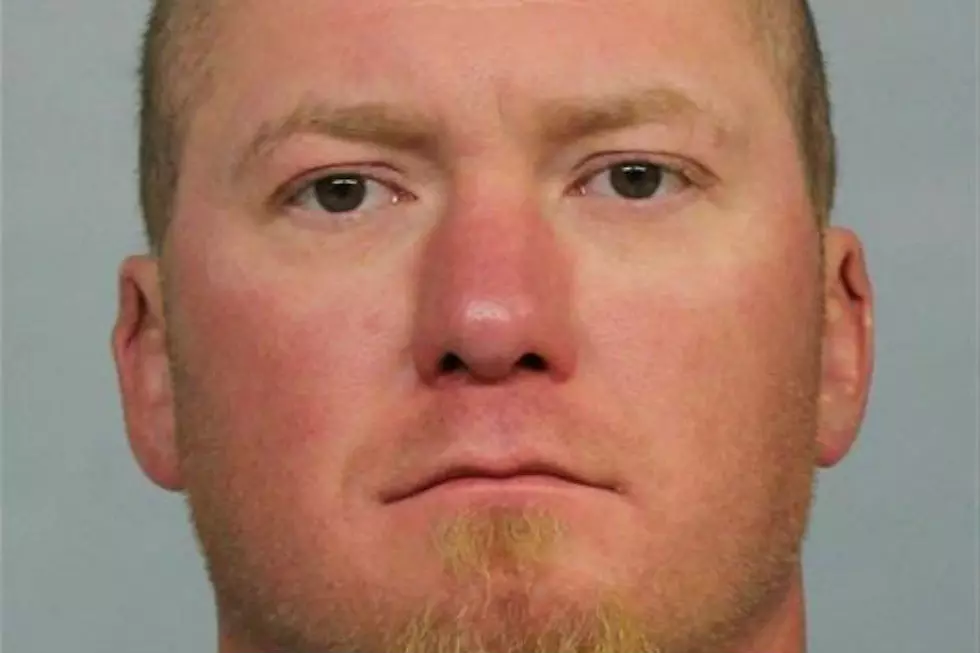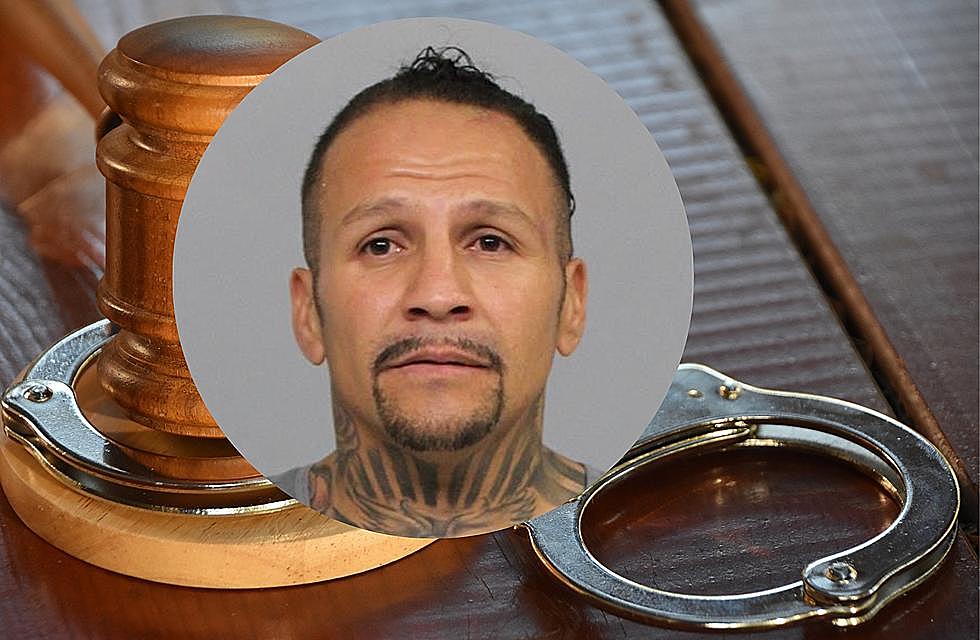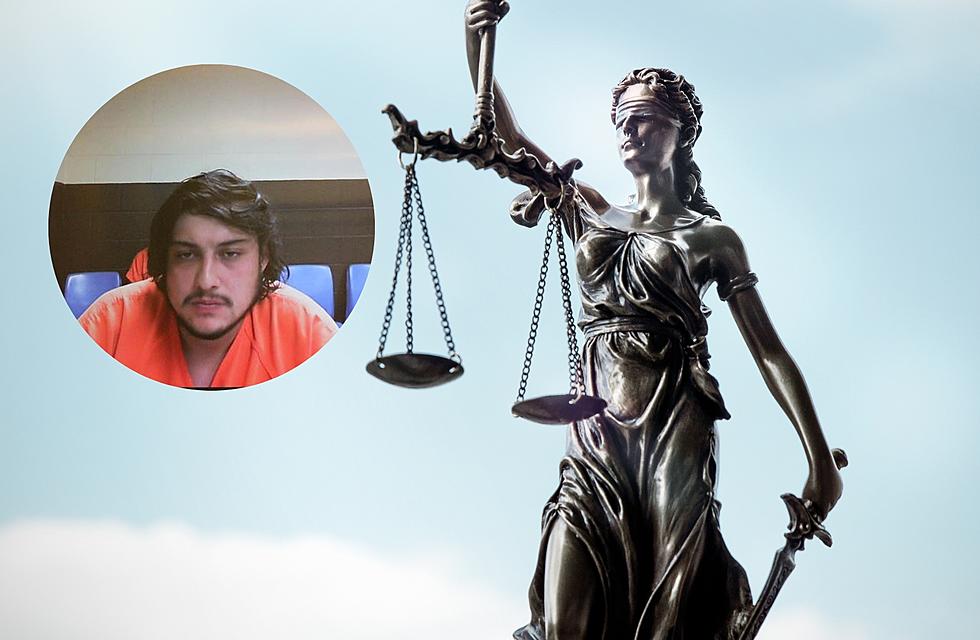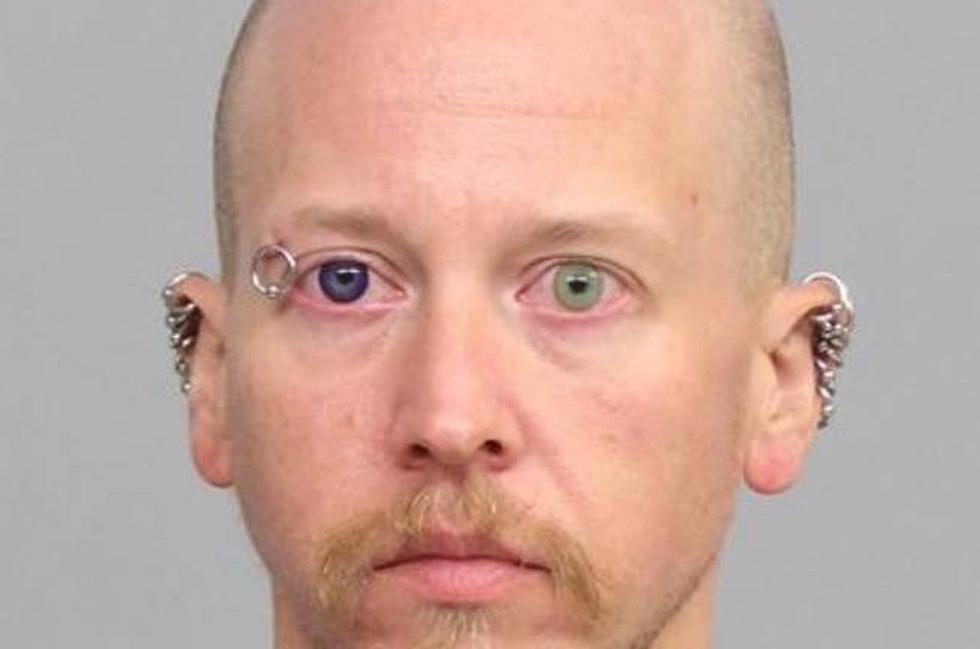
Lusk Man Acquitted of Felony Charges; Found Guilty of Misdemeanor Vehicular Homicide in Fatal 2017 Crash
A jury on Thursday found a Lusk man guilty of two misdemeanors, but acquitted him of two felony counts of aggravated vehicular homicide and one felony count of aggravated assault resulting from a crash west of Casper that killed a mother and her child in August 2017.
Alexander Richardson heard the verdict about 6:30 p.m. after the jury deliberated for a little less that two hours at the end of a four-day trial in Natrona County District Court.
"We're quite happy with the result," Richardson's attorney Don Fuller said after the verdict.
After the verdict was read, Judge Kerri Johnson dismissed the jury and asked for the preparation of a pre-sentence investigation and victim impact statements.
The misdemeanor counts were for vehicular homicide based on negligence, and each count is punishable by up to one year in jail, Fuller said.
If he had been convicted of the felonies, Richardson could have faced up to 50 years of imprisonment -- 20 years each for the two counts of aggravated vehicular homicide and 10 years for the aggravated assault charge.
Richardson was charged after his Ford F-250 drifted across the center line of Wyoming Highway 220 into the westbound lane, where it collided with a Ford Explorer carrying 46-year-old Soon Young Lee, Bong Jun Seo and 3-year-old Jaehyeok Seo.
The family from Korea had flown to Denver for a tour through the west with stops at Mount Rushmore and the Crazy Horse monument in South Dakota, and a trip to Devils Tower, Assistant District Attorney Ava Bell said.
They ate lunch in Casper on Aug. 23, 2017, and were driving to Utah when the crash happened near Independence Rock. Lee, who was driving, died instantly. Jaehyeok Seo died at the scene. Bong Jun Seo was badly injured.
Also injured was Richardson, who started the day in Roosevelt, Utah, where he had worked a 12-hour shift at the end of a 14-day hitch. About 6 a.m., he began driving to Lusk without a nap or a rest according to the prosecution.
When the trial started Monday, Bell told the jury members they heard the word "accident" when they were being questioned that morning, but the prosecution no longer will use that word because it implies "mistake."
When happened was a crash with three possible causes -- environmental, mechanical and human, she said. "This (human cause) is what this case is about."
But Fuller, in his opening statement, insisted on calling the event an accident. Richardson has admitted that it is his fault, has great remorse, and knows that it has changed his life forever as it has Seo's, Fuller said.
"It does look like he fell asleep at the wheel," Fuller said. The question is not whether it was tragic, but whether it was a homicide, he said.
Bell and Fuller said the trial would be fraught with emotion, especially with photographs from the accident scene, the bodies and the vehicles.
In her closing argument Thursday afternoon, Bell said several of the witnesses including Wyoming Highway Patrol troopers and health care professionals spoke with Richardson at the scene and at the Wyoming Medical Center.
They reported that he was alert, conscious and able to talk, she said, adding those witnesses reported he said he didn't know what had happened.
Richardson, Bell said, bears responsibility for the crash because made the decision after his shift to drive from Utah to Lusk without any rest. "What we have is an individual who has been awake for 22 hours.... The defendant made this choice."
She cited the law about aggravated vehicular homicide, saying Richardson's behavior "rose to extreme indifference to human life."
Fuller disputed her arguments, starting with Richardson's medical condition after the crash, saying several of those who treated him said he was drifting in and out of consciousness.
At the Wyoming Medical Center, doctors observed he was "perseverating" -- repeating statements -- indicating he had a head injury, that he had amnesia, and that he was under the influence of medications that affected his statements.
Fuller said that none of the four statements cited by Bell was recorded, and one reported by a trooper was written three-and-a-half months after the accident.
The prosecution's timeline of events didn't make sense, either, he said.
If Richardson started driving at 6 a.m. and consistently traveled 70 mph, he would have been in Lusk about the time the crash occurred at 1:20 p.m., Fuller said.
That leaves about a two-and-a-half hour gap, during which nobody knows what happened, he said. A trooper did ask if Richardson had stopped at McDonald's in Rock Springs or Rawlins, but did not ask broader questions such as whether he stopped for a nap, he added.
Richardson never denied the crash occurred and that two people died and one was severely injured, Fuller said. "What we have been denying is the 'reckless' part."
More From K2 Radio









